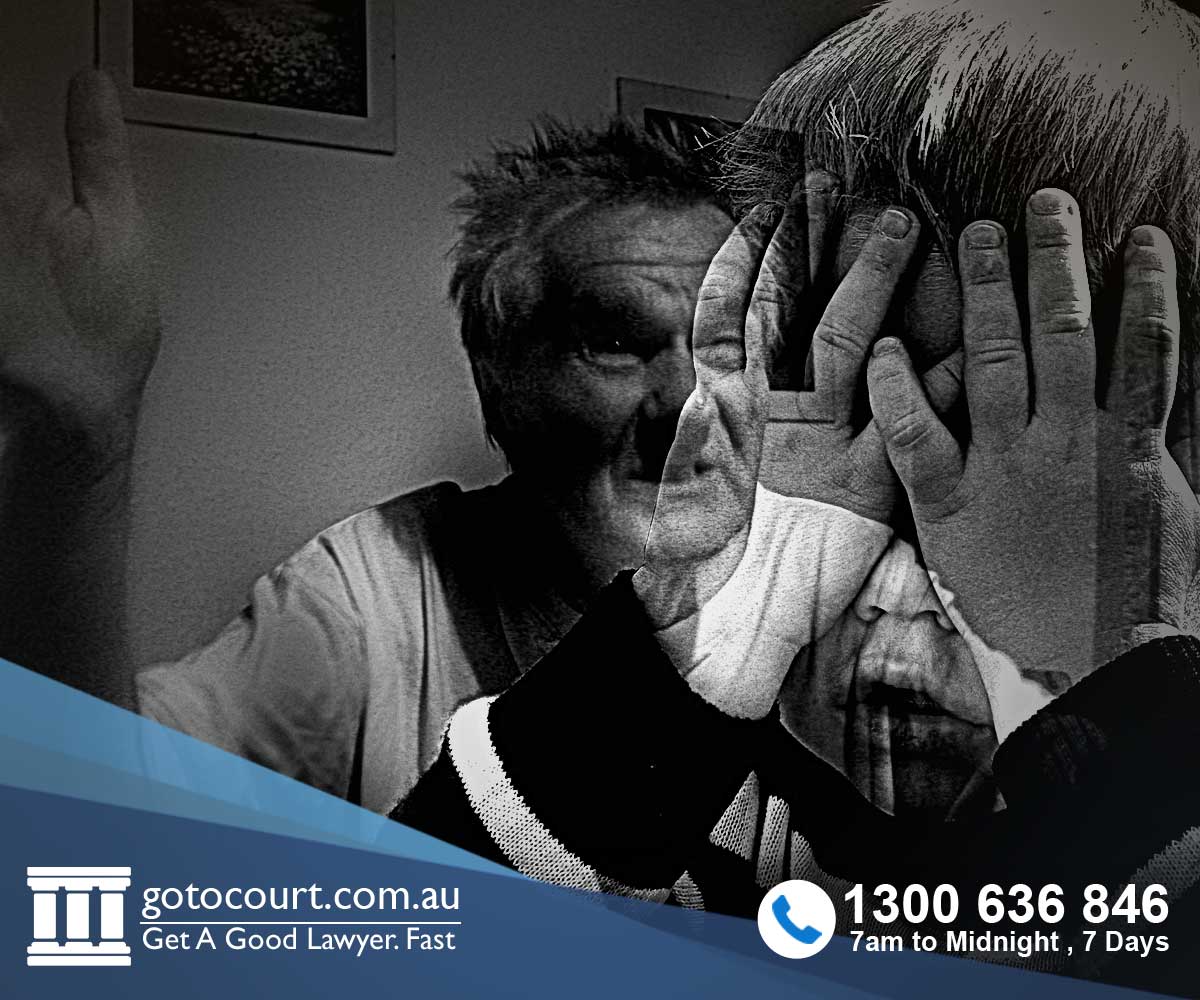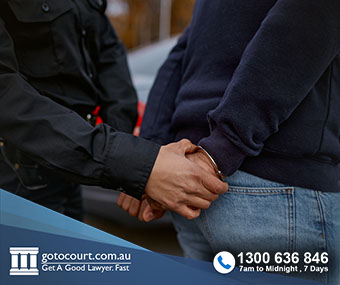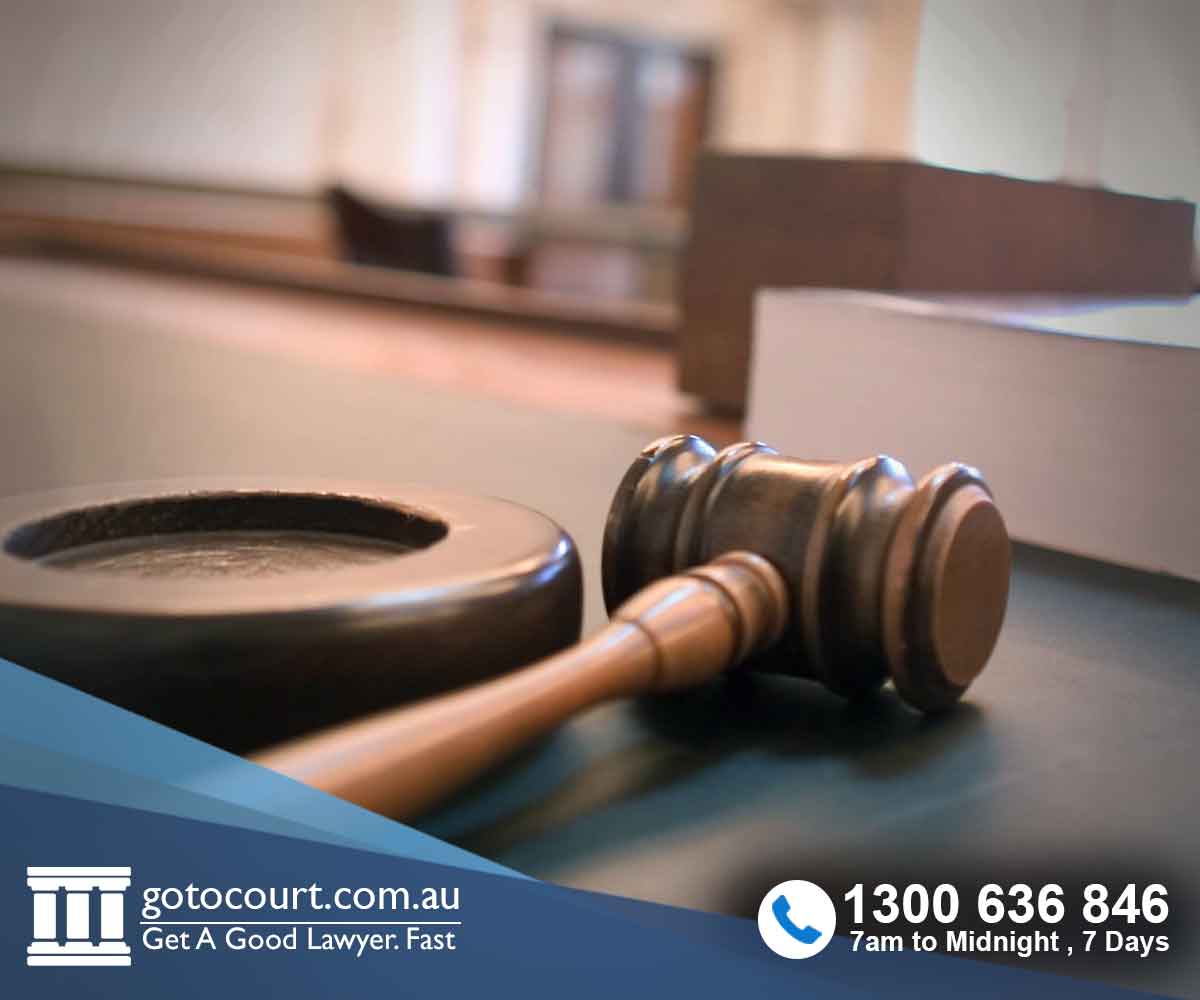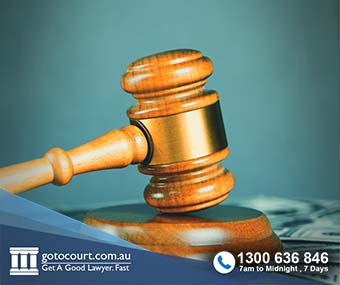Fitness For Trial (SA)
In South Australia, a person cannot be tried for criminal offences if they are unable to understand the charges, unable to give instructions to a lawyer, or unable to understand the nature of the proceedings. Such incapacity is known as unfitness for trial. The laws around fitness for trial are set out in Division 3 of the Criminal Law Consolidation Act 1935. This article deals with fitness for trial in South Australia.
Fitness for trial vs mental incompetence
The issue of whether a person is fit for trial is separate from the issue of whether they have a defence of mental incompetence.
The defence of mental incompetence is based on the accused’s mental impairment at the time of the alleged offending. In contrast, unfitness for trial is based on the accused’s lack of mental capacity at the time of the court proceedings and does not necessarily require the accused to have been mentally impaired at the time of the alleged offending.
There will, however, be some matters where both fitness for trial and the defence of mental incompetence will be live issues.
What is mental unfitness?
Under section 269H, a person is unfit to stand trial if their mental processes are so disordered or impaired that they:
- Cannot understand, or respond rationally to, the charges or allegations;
- Cannot exercise procedural rights;
- Cannot understand the nature of the proceedings or follow the course of proceedings.
A person is presumed to be fit to stand trial until the contrary is established.
A person may be unfit for trial because of mental illness, cognitive or intellectual impairment, or because of a physical impairment such as being deaf and dumb if the person is unable to communicate in sign language or in any other way.
Investigating a person’s fitness for trial in South Australia
A person’s fitness for trial may be investigated on application by the defence or prosecution. It can also be done at the judge’s own initiative where this is necessary to prevent a miscarriage of justice.
Before investigating a person’s fitness for trial, the court may order psychiatric or other reports on the accused’s condition. If it appears from these reports that the accused is mentally unfit but may become fit within12 months, the court may adjourn the proceedings for up to 12 months. In practical terms, this may mean that the accused is detained in a prison for that period if there is no other suitable accommodation.
If after the adjournment period has elapsed, the investigation is no longer necessary, the trial may proceed in the usual way.
The court may conduct an investigation into an accused person’s fitness for trial either before or after it hears evidence to establish whether the physical elements of the offence are made out.
When assessing a person’s fitness for trial, the court:
- Must hear evidence and submissions from both parties;
- May require the accused to be examined by a psychiatrist or other expert.
If the court finds that the accused is unfit for trial, it must record that finding. If it finds them fit for trial the trial proceeds in the normal way.
If the defence and prosecution are in agreement that an accused person is unfit for trial, the court can record this finding without the need for an investigation.
Consequences of being found unfit for trial
An accused person who is found to be unfit for trial is dealt with in the same way as a person who is found not guilty because of mental incompetence.
If a court finds that the accused is unfit for trial but that the objective elements of the offence are satisfied and it was a major indictable offence, it must declare them liable to supervision.
If the offence was a summary offence or a minor indictable offence, the court may take any of a number of actions, including dismissing the charge and unconditionally releasing the accused, declaring the accused liable to a supervision order or releasing them into the community on licence for up to five years.
Supervision
A person declared liable to supervision may be:
- released unconditionally;
- released into the community on a supervision order for a specified term on strict conditions;
- committed to detention on a supervision order for a specified term, not longer than the term of imprisonment they would likely have received if found guilty.
The court may vary or revoke a supervision order on application by the person under supervision, the Crown, the Parole Board, the Public Advocate or the Commissioner for Victims’ Rights. If the court refuses to vary or revoke a supervision order, another application will not be considered for a period of six months.
If you require legal advice or representation in any legal matter, please contact Go To Court Lawyers.








